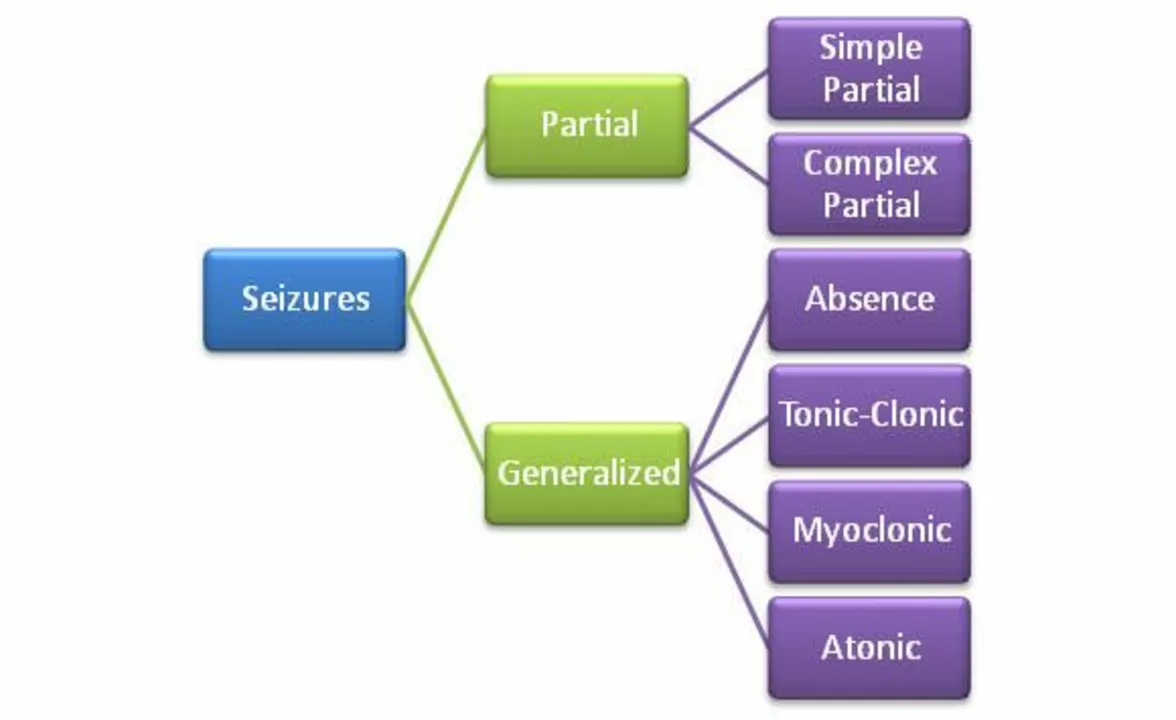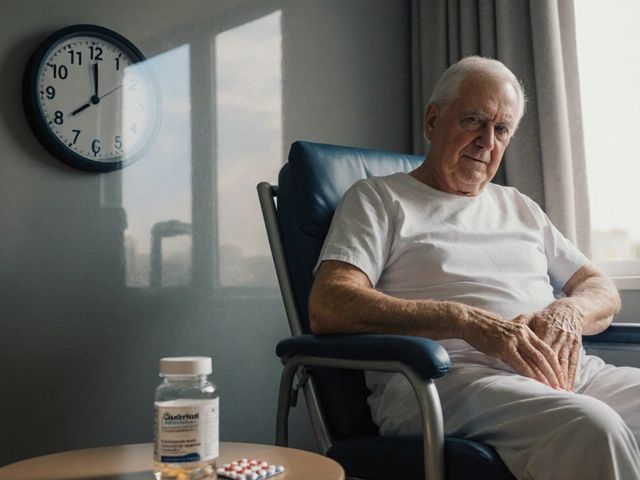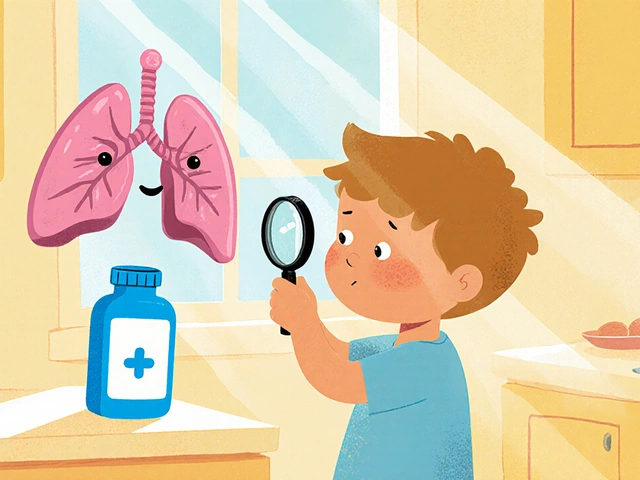Myoclonic Seizures: Symptoms, Causes, and Treatment
A sudden, brief jerk or twitch that feels out of your control could be a myoclonic seizure. These quick muscle contractions last a fraction of a second to a few seconds and can happen alone or in clusters. They show up in different situations: soon after waking, when you’re tired, or after flashing lights. Knowing what to look for helps you get the right care.
What do they feel like? A myoclonic seizure is a shock-like muscle movement. It can affect one limb, both arms, or the whole body. People often describe it as a sudden jump that may spill a drink or make you drop something. Consciousness usually stays intact, though confusion can follow if events are frequent.
Common causes and triggers
There are several causes. Some myoclonic seizures come from genetic epilepsy syndromes. Others appear during metabolic problems, after head injury, or with infections. Triggers include sleep deprivation, stress, alcohol, certain medications, and flashing lights. Identifying triggers makes a big difference in reducing episodes.
Diagnosis and when to see a doctor
If you have unexplained jerks, see a neurologist. The doctor will ask about the events and medical history, then order tests like an EEG to record brain activity and an MRI to look for structural issues. Blood tests can uncover metabolic causes. Video EEG monitoring helps catch events that don’t show up on a routine test.
How are they treated? Treatment depends on the cause and frequency. If jerks are rare and mild, lifestyle fixes like better sleep and avoiding triggers might be enough. When seizures interfere with daily life, doctors use medications. Valproate, levetiracetam, clonazepam, and lamotrigine are common choices. For rare causes, other therapies or surgery can be options. Your neurologist will tailor the plan to you.
First aid and daily tips: When a myoclonic jerk happens, protect yourself from falls and sharp objects. If someone is having frequent jerks, help them sit or lie down safely. Track episodes in a notebook or app—time of day, what you were doing, and what you ate. Share this with your doctor; patterns often emerge.
Prognosis varies. Some people have a single episode and never see another. Others with epilepsy syndromes need long-term treatment but can still lead full lives with proper care. Regular follow ups, medication adjustments, and lifestyle changes reduce risk and improve quality of life.
If you suspect myoclonic seizures, act sooner rather than later. Early diagnosis gives you more control and more treatment options. Talk to your GP or a neurologist, and keep notes on what you feel and when it happens.
Children and older adults need extra attention. In kids, sudden jerks with fever or breathing trouble need immediate evaluation. If jerks come with loss of consciousness, mouth frothing, or lasting more than a few minutes, call emergency services. Pregnant people should tell their provider before starting medications—some drugs carry risks. Always weigh benefits and risks with your neurologist to find the safest plan for you today.




